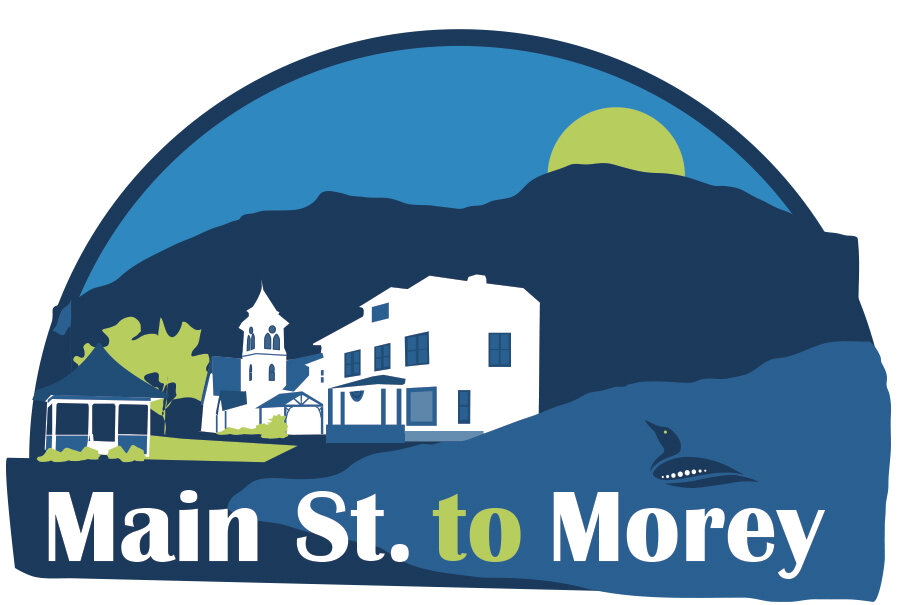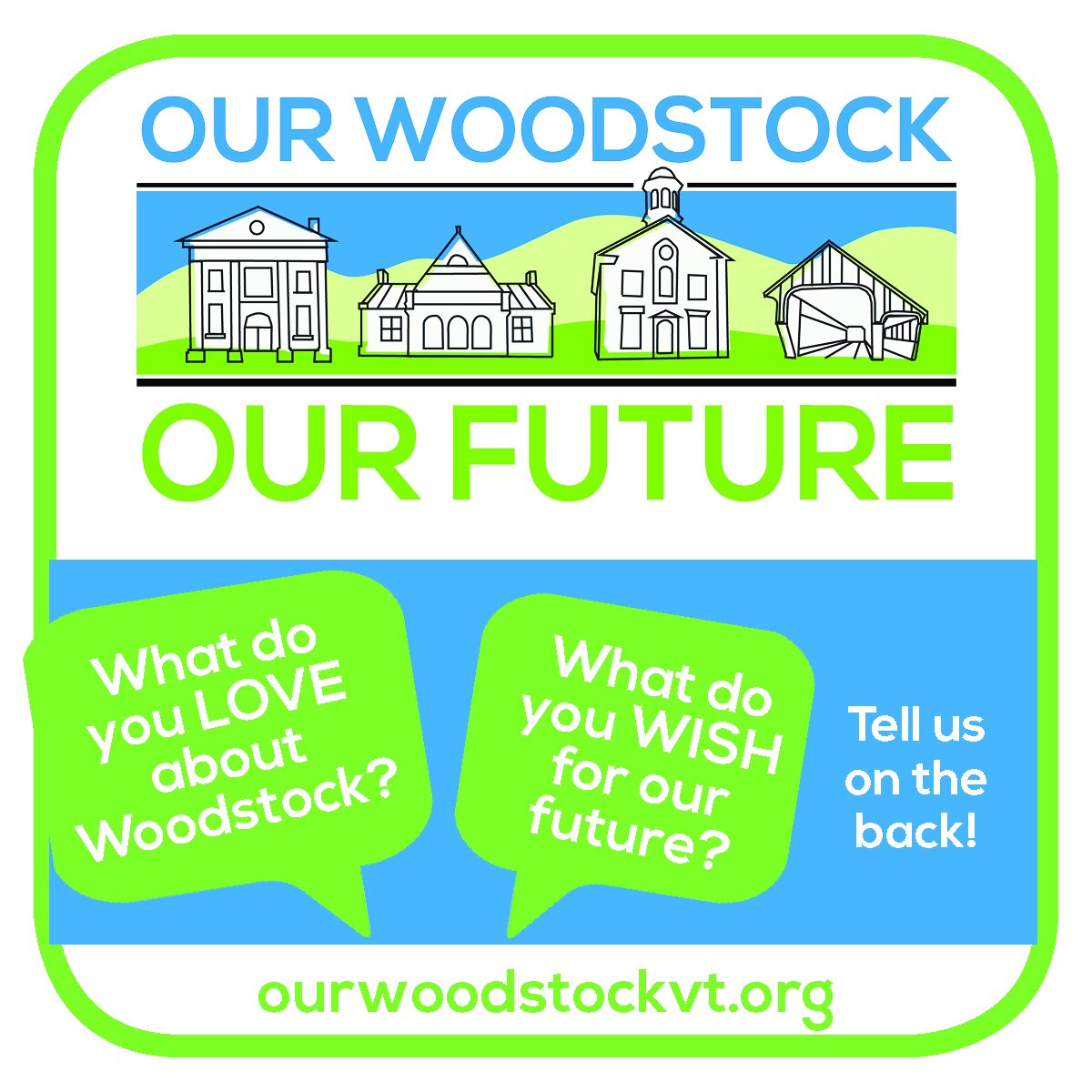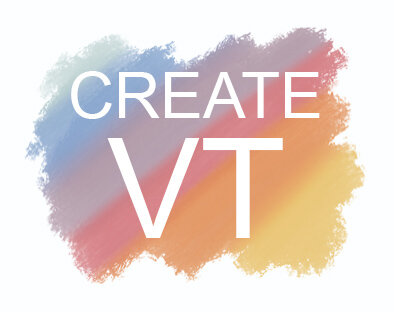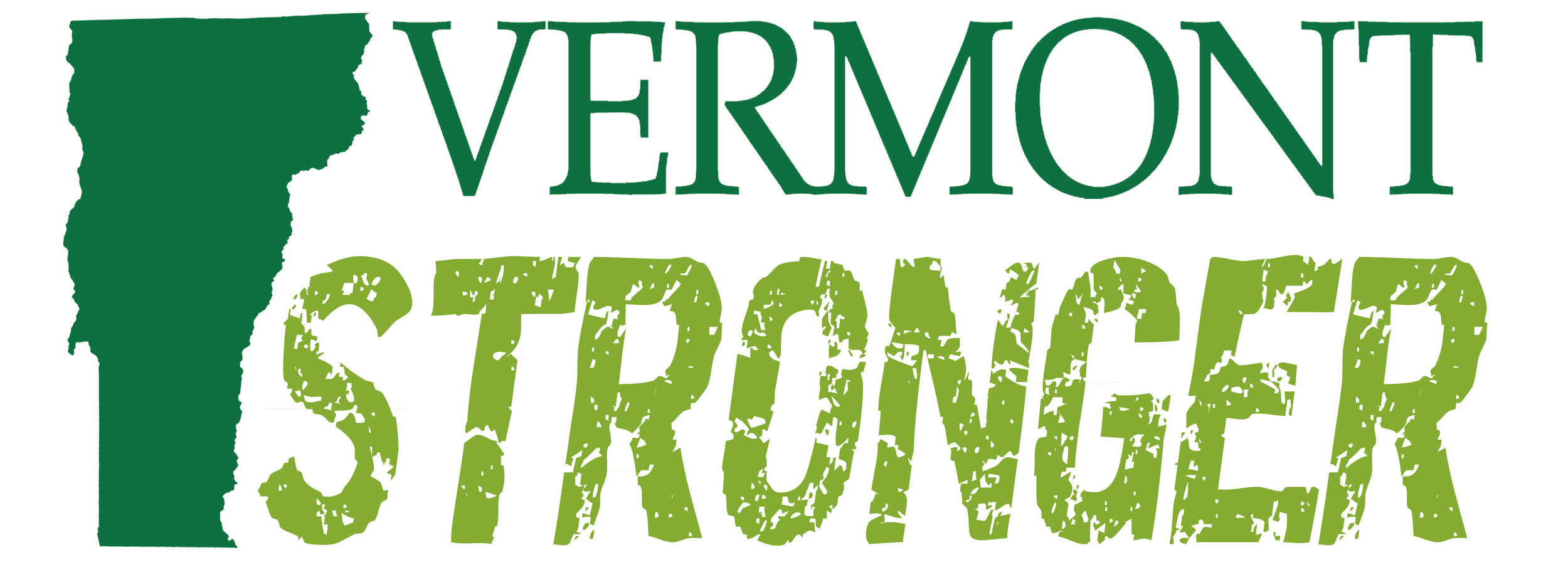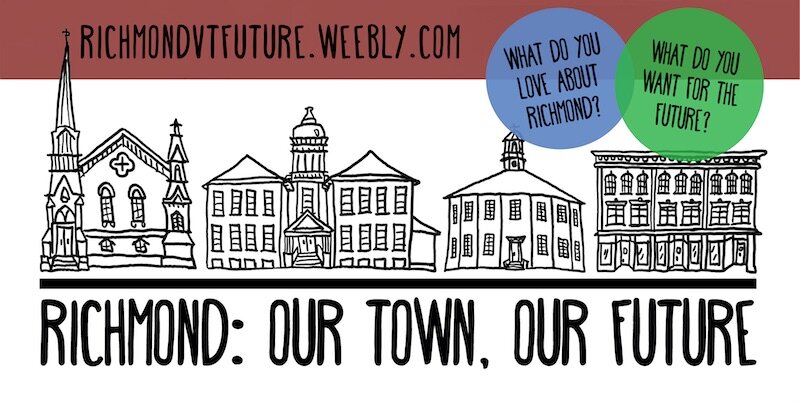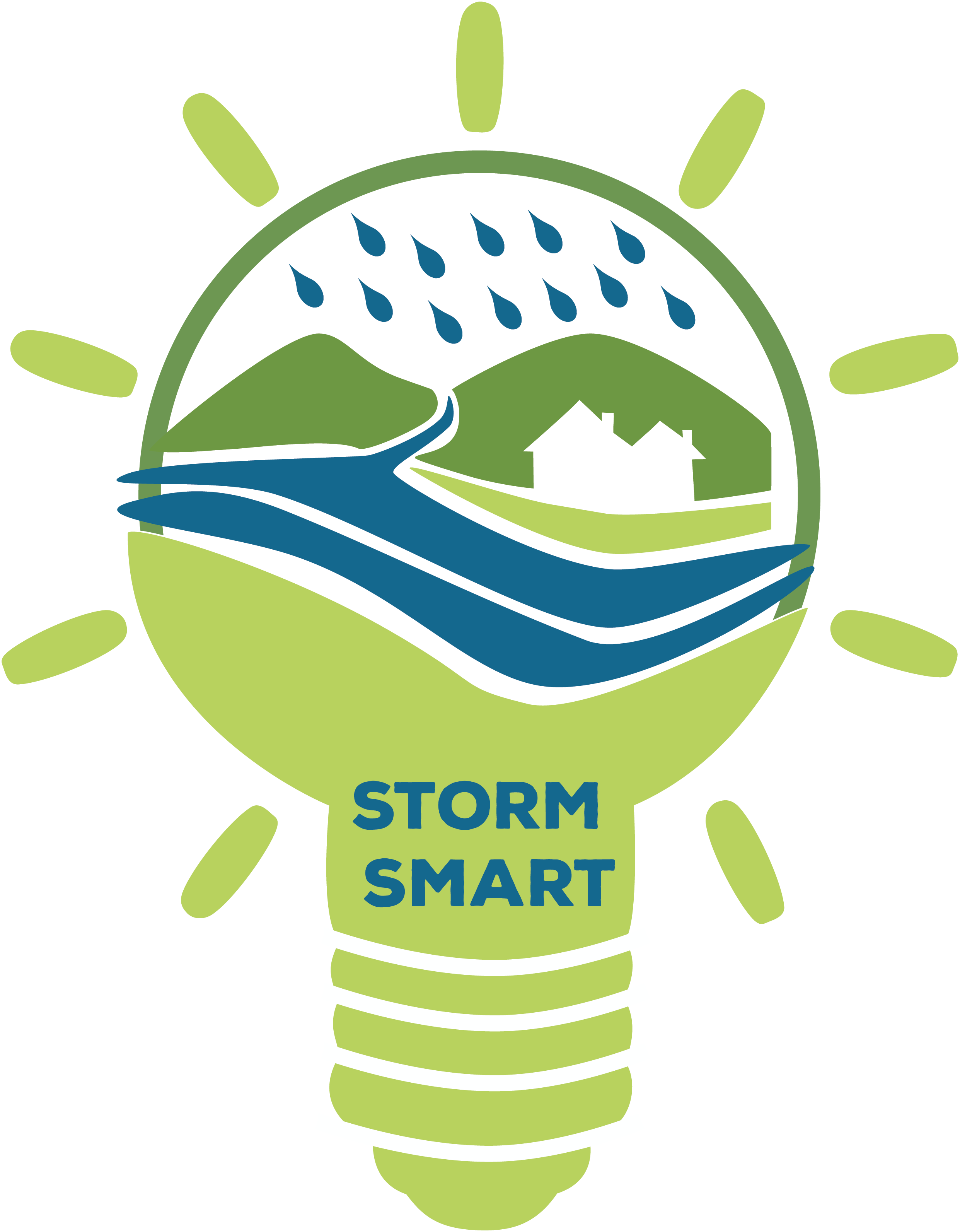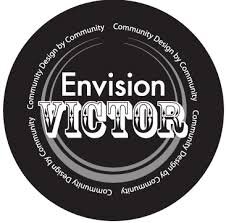Tip Sheet: Building a Project Name and Identity
/It’s just a short-term community planning project. So you don’t need to spend hours figuring out a name and designing a logo, right? Wrong. If you want your community project to have impact, you need to be thoughtful about your project’s identity — name, graphics, look and feel, and key messages. You might not need a logo, but you do need to make a thoughtful choice.
Here’s how to think through what you need and how to design it.
What’s a project identity and why do we need one?
Your project will have an “identity,” whether you like it or not. That’s true whether you’re planning a 1-day river cleanup or a 3-year master planning process. People will gather and build impressions of any project. It’s up to you whether you decide to actively shape it. (Pro tip: you should.)
Project identity is similar to brand identity. When entrepreneurs start a new company or launch a product, they have to name it, design the packaging, write copy. These are all very intentional choices designed to convince consumers to buy (or buy in). You may not think of your project as something to “sell,” but it helps to do so. You’re offering a community process or activity; you’re asking people to give time, attention, trust, resources, and perhaps even money. And you probably have competition.
There are several different elements of any brand identity. You may decide that you don’t need to shape or develop them all, and some may be decided for you. But here’s what you should consider:
Project name
Personality and messaging
Fonts, colors and visual design
Logo and graphics
Project identity gallery
Here’s a look at some project logos, materials, and identity components.
So, what do we need?
That depends on a lot of things — your project, your plans, and your community. Here are some big questions to ask as you start to plan.
Do you already have an identity? If your project has been around for awhile, or is part of an established organization, then you probably do. You may choose to align or coordinate with an existing identity or start from scratch. Or you may intentionally choose to differentiate yourselves.
How long will this last? Is this a standalone project or potentially a larger umbrella for other efforts? Is your project a short-term effort, or might it evolve into a long-term collaboration or organization? Think not just about your current plans, but where your project might go. You can always change your name, but if you have long-term ambitions then you may want a name that last.
What activities and materials do you need? Will you have a website? Print materials? Posters? Events? Getting clear on what you plan to do — and how you plan to communicate — will help you decide whether you need graphic design elements like a logo, fonts and color palette.
What words will resonate? What won’t? A project name needs to resonate, and people often have strong associations with words and identity elements. Think about words that will align with your community’s values and words that might turn people off. Think not just about the majority, but about groups that might be marginalized or often left out. Think about whether names or words have been used for other efforts that people already know, and what impressions they might already have. And test your options — try them out with people before you commit.
What’s the local culture? Your identity needs to mesh with your local culture and zeitgeist, and that may influence how much you invest in designing your identity. If you’re part of a folksy community that is suspicious of fancy, high-budget projects, then you might not want to release a slick logo and branding package. If your community would look on a homespun logo as unprofessional, then you may need to invest in order to be taken seriously. The key is to know your community.
Project Name Suggestions
Here’s some project name inspiration to get you started. We’ve included a mix of real projects and made-up examples. What makes a great name? It’s short. It’s engaging. It’s descriptive. It’s forward-looking. It’s catchy. It’s locally specific.
Yes, you’re free to steal.
Visioning & community planning processes
Envision Victor
Vision Springfield
San Miguel: Your Voice, Your Vision
Golden: Vision 2030
Geneva 2030
Plan BTV (*BTV is a nickname for Burlington, VT)
Richmond: Our Town, Our Future
Our Woodstock, Our Future
MetroFuture
Reimagine Laconia
Imagine Marieville
Revitalization & community development processes/initiatives
Revitalize Waterbury
Perkinsville Forward
One Valley
Tasker Tomorrow
Revive Hopkinton
Laclerc Now
Our Watson
Resilient Jonestown
New River Valley Livability Initiative
Connect Hyde Park
Combination planning processes / ongoing organizations
1 Berkshire
Vermont Stronger
Opportunity Appalachia
Create VT
Ignite San Esteban
St. Mary Together
Heart of Biddeford


